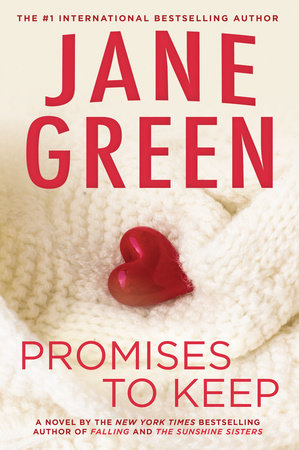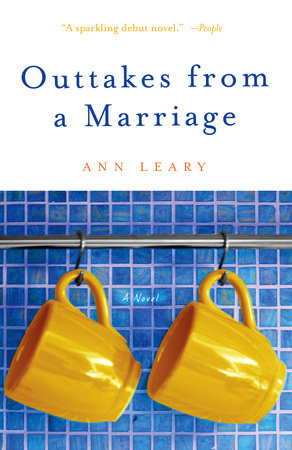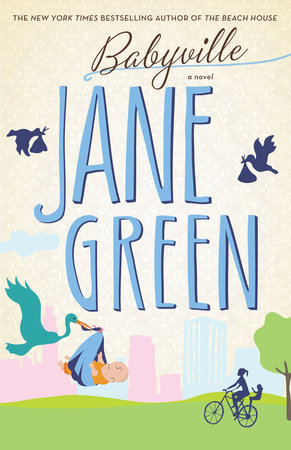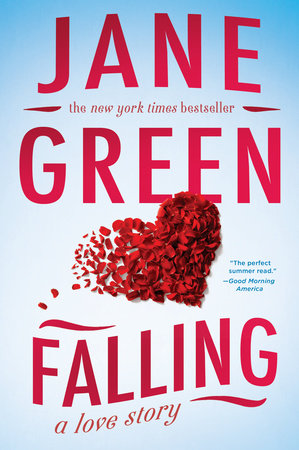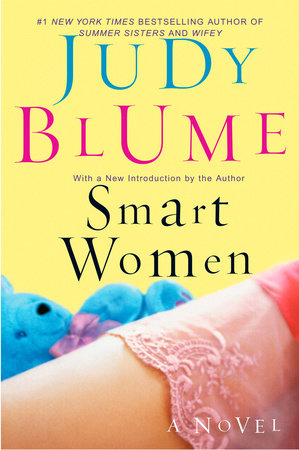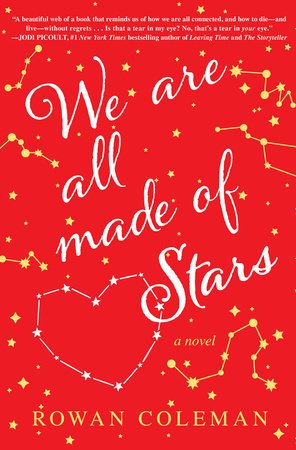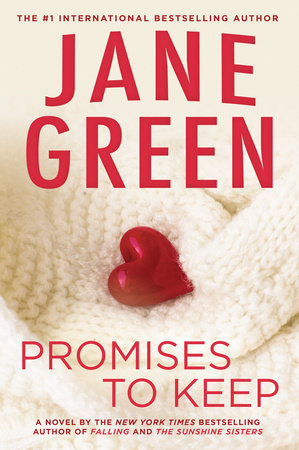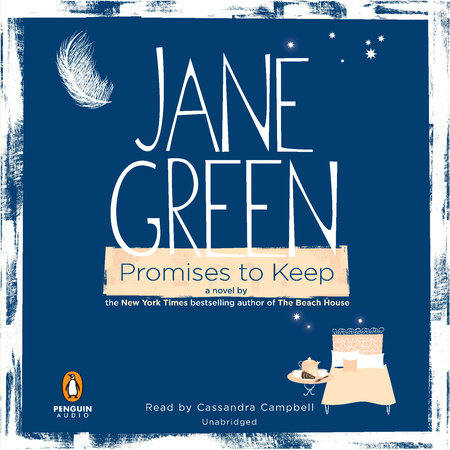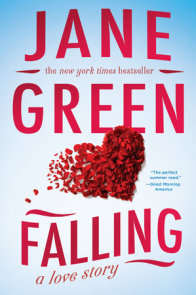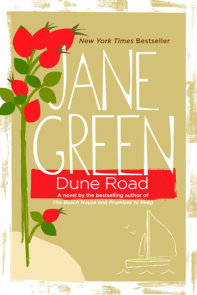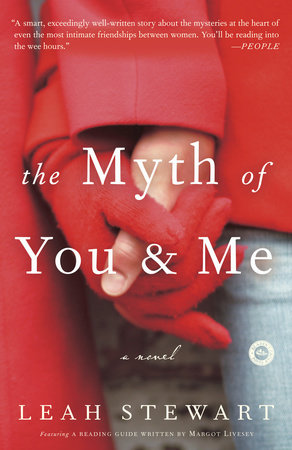Author Q&A
Q. "Heidi's Story" reveals that this novel emerged from your personal experience of losing one of your best friends to cancer. How did that affect your writing process? Do you consider this novel more autobiographical than other books you've written?
This isn't Heidi's story, although I hope I have captured something of her spirit, nor is it autobiographical. What it is, however, is the most personal book I have ever written, because I wanted it to be a worthy tribute, and I wrote most of it when I was in the depths of grief. I put a little of me in all my characters, and certainly draw upon the themes of my life for inspiration, but the characters are all very much their own people.
Q. Promises to Keep centers on a profoundly emotional journey for Callie and her loved ones. What kind of emotional journey did you go through while writing the book?
I wrote some of the book while Heidi was ill, and we'd talk about it. I'd tell her about the characters, and it felt easy and fun. Then, as Heidi became sicker, I didn't have the emotional reserves to keep writing, and I didn't start again until after she died. I wrote the book, as I write all of them, at the local library, and found myself regularly stopping to bury my head in my hands and sob. It was draining, and cathartic. I needed to write about it to process my feelings, but it didn't make the loss any easier.
Q. The characters in this novel represent a wide range of parenting styles, shaped in part by gender, generation, and socioeconomic status. What observations or reflections do you have about current parenting trends?
I heard someone say recently that they grew up in a time when adults were the boss, and they are now living in a time when children are the boss, so when is it going to be their turn? It made me laugh and has a familiar ring of truth. Parenting, and particularly other people's parenting, tends to bring out the worst in us—never have I experienced more judgment than at the hands of other mothers, particularly of babies. Thankfully I am now older, and wiser, as are my children, and I think we are all doing the best we can. I like to think that I am raising my children to be adults, to exist as good people in the world, to recognize boundaries, to have good manners, and to respect others.
Q. Why did you decide to include recipes at the end of every chapter?
I am a huge foodie and a cook. I gather easy recipes from all over, create my own, and spend my life showing the people I love that I love them by cooking for them. When I started to write about Steffi and found myself including lavish descriptions of the food, it suddenly seemed obvious to include the recipes.
Q. As Lila prepares for Clay's recital, she thinks: "What on earth is she going to wear? Who, more importantly, does she want to be tonight?" [p. 144]. In this and other sections, the book takes up the question of how appearance and image relate to identity. Why is this theme especially important in a book about contemporary women?
Insecurity seems to be the curse of modern times, and too often we use the external as a form of armor, hoping the right stuff will make us feel good enough, will have others recognize us as being good enough. I don't think this applies to all modern women, but living in an affluent community brings with it a level of competition and brings out our worst insecurities.
Q. While you were writing, did you ever consider rewriting Heidi's history by having Callie survive her second fight with cancer? What made you decide that her death was a necessary part of the story?
I had to deal with my own grief, and this was the only way I knew how. And from the beginning, whatever had happened to Heidi, I knew that Callie wasn't going to make it. I wanted to look at grief, at how it changes things, how it brings people together.
Q. What words or images would you offer to someone whose loved one has been diagnosed with cancer?
I have to say that what happens to Callie occurs in less than 1 percent of cancer sufferers. It is extremely rare, and women reading this book should not be worrying that this will happen to them or those they love. Second, I would say that what I learned throughout my journey with my friend was that love is a verb. Anyone can say the words "I love you," but loving someone requires Acts. Of. Love. It is about putting that person first, making time for her, thinking of what you can do for her to make her happy before she has even had a chance to think about what that might be. And do it now. Not tomorrow. Or next week. Today is really all we have.
